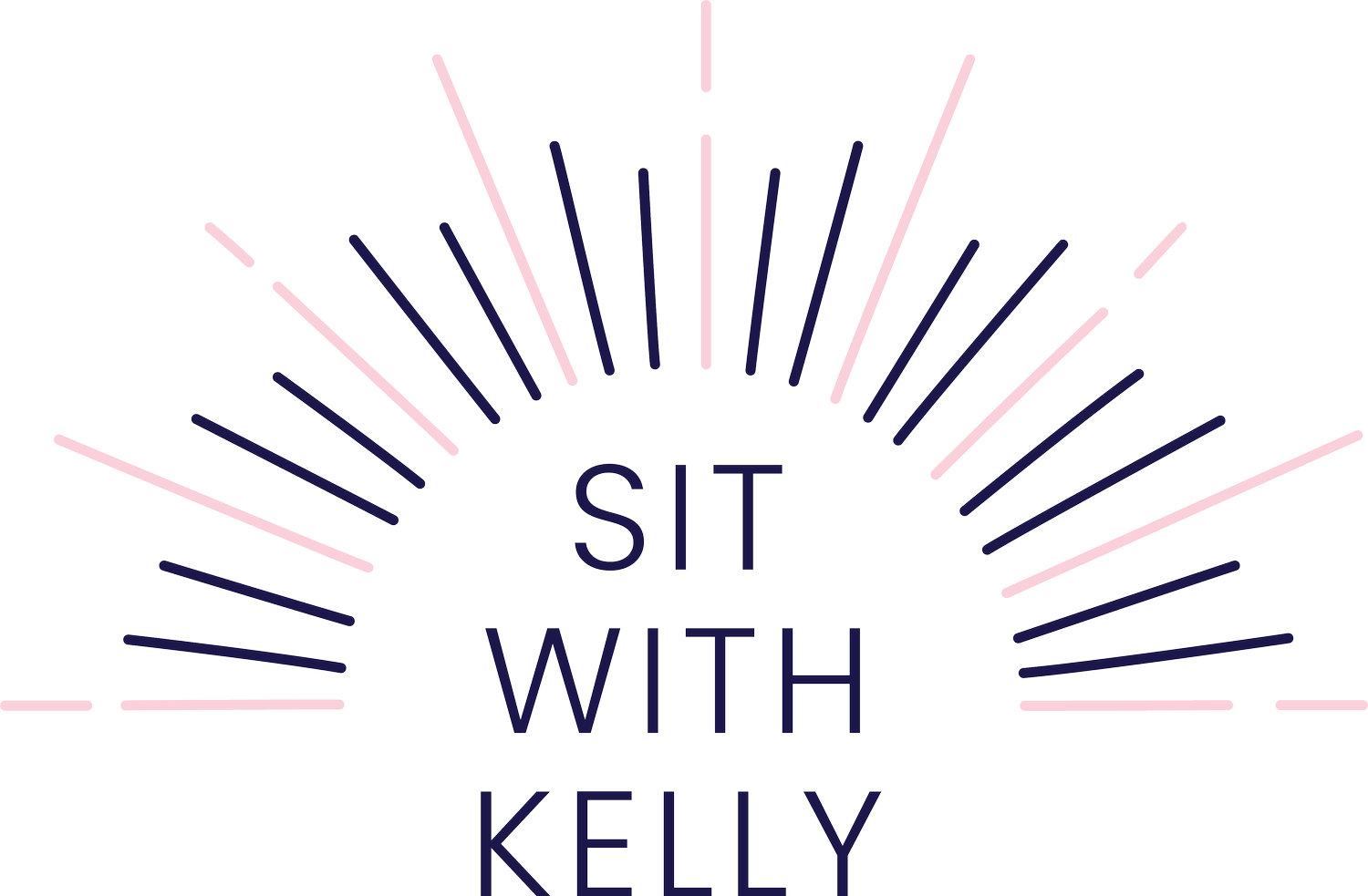Do I Have ADHD or Anxiety?
How to Tell the Difference between ADHD and Anxiety
Do you have trouble focusing because it's so hard to stop worrying? Or, do you sometimes worry because it's so hard to focus?
It can be difficult to tell the difference between ADHD and anxiety. These conditions share common symptoms that can overlap and feed off each other.
Thankfully, there are a few key ways to tell the difference between ADHD and anxiety. First, let's briefly overview both to better understand what makes the two alike and what separates them.
What is ADHD?
Attention Deficit Hyperactivity Disorder (ADHD) is a neurological condition that affects focus, impulsivity, and activity level.
ADHD is characterized by inattentive behavior, such as becoming distracted, misplacing things, or forgetting important dates or details. In some cases, it is also characterized by impulsivity and restlessness that causes one to interrupt others, move around constantly, and struggle to keep quiet or wait their turn.
What is Anxiety?
Anxiety is a mental health condition that leads to feelings of fear, worry, and unease. People with anxiety often have intrusive thoughts or worry about things that might happen in the future. When anxious, they may sweat, feel jittery, breathe more shallowly, or experience digestive issues.
Someone with anxiety will typically experience uneasiness and dread in daily life, even when things are going fine. Similar to someone with ADHD, their mind can easily wander, even in quiet or calming environments.
Where do ADHD and Anxiety Overlap?
ADHD and anxiety share common symptoms, making it difficult to tell them apart. Both conditions can cause:
Trouble focusing or paying attention
Restlessness or feeling fidgety
Difficulty completing tasks
Problems with organization and time management
Poor self-esteem
While both may manifest similarly, it’s important to note the differing reasons behind the symptoms.
People with ADHD may have difficulty paying attention to tasks that are boring or not interesting to them. On the other hand, anxious people may have trouble focusing on tasks because their mind is racing with worry or they are anticipating a future event.
When it comes to impulsivity, people with anxiety may take risks to escape a feared situation when it comes to impulsivity. Meanwhile, those with ADHD may act without thinking about the consequences.
Lastly, both conditions can cause restlessness. People with ADHD may have trouble sitting or standing still due to hyperactivity. People with anxiety may pace back and forth or struggle to relax when their overwhelming thoughts trigger physical body responses.
How Do I Know if it's Anxiety?
Here are a few questions you can ask yourself if you feel uncertain about what you're dealing with.
Do you worry excessively?
Does just the thought of doing certain things make you nervous or afraid?
Do you have difficulty controlling your worry?
Do you regularly feel restless or on edge?
Do you avoid certain activities or situations because of your fear?
If you answered yes to some of these questions, you might be dealing with anxiety.
Why Does My ADHD Cause Me to Feel or Think I'm Anxious?
If you have ADHD, you may often feel anxious, but why?
For one, when ADHD causes problems with focus, persistence, concentration, and organization - to name a few - it can lead to feeling overwhelmed or like you're not doing well in school, work, or life in general.
With ADHD, you might be prone to avoid tasks requiring mental effort because you know you have difficulty following through on tasks. For those you do take on, you'll likely make careless mistakes, forget or miss details or instructions, or struggle to understand things in general.
It's a recipe for poor productivity and feeling like a failure that can make you stress about all you haven't done or think you cannot do.
Moreover, people with ADHD often have low self-esteem because of their struggles. They may feel like they're not good enough or that they're stupid. This can lead to performance-based anxiety over situations like public speaking or job interviews.
Lastly, people with ADHD may have impulsive behaviors that can lead to feeling anxious. For example, you may spend impulsively, leading to anxiety about money. Or, you may say things without thinking them through first, which can cause arguments or hurt feelings.
All these things can lead to anxiety, even if you don't have an anxiety disorder.
What Can I Do About It?
So which came first: the inability to focus because of the anxiety or the anxiety caused by the inability to focus? In either case, you don’t have to deal with these feelings alone. There are a few key things that you can do to help ease your anxiety and better cope with your ADHD.
But first, as you can see, these can be tricky conditions to diagnose, so avoid overwhelming yourself further and leave that part to a mental health professional.
Second, know there is no one-size-fits-all approach to treating ADHD or anxiety. But they can improve with medication and therapy - another thing they have in common.
So - not to leave you on an inconclusive note - but just like anxiety, therapy can help you manage your symptoms and cope with the challenges of ADHD. It can also help with the low self-esteem and mental health areas it often impacts.
If you think you might have ADHD or anxiety, the best thing you can do is talk to a professional to get started on the path to feeling better.
Remember: this post is for informational purposes only and may not be the best fit for you and your personal situation. It shall not be construed as legal, financial, or medical advice. The information and education provided here is not intended or implied to supplement or replace professional advice of your own attorney, accountant, physician, or financial advisor. Always check with your own physician, attorney, financial advisor, accountant, or other business or medical professional before trying or implementing any information read here.



